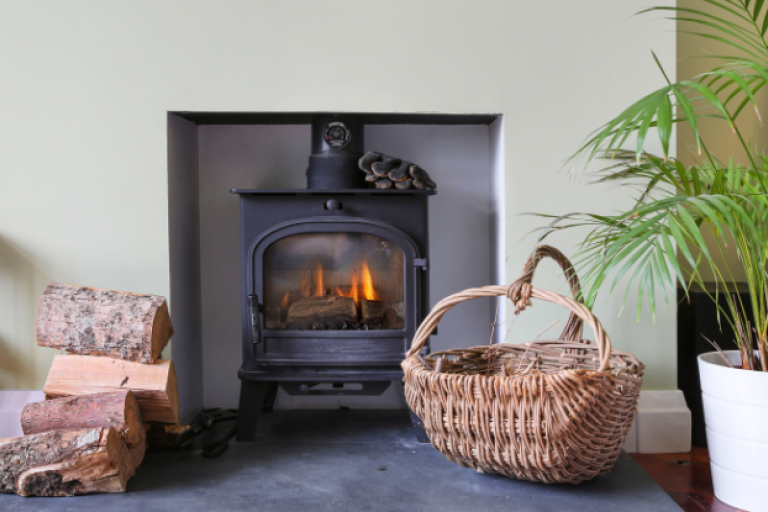
Elmbridge Borough Council has received funding to encourage clean air in our borough.
The Department for Environment, Food and Rural Affairs (Defra) has awarded us £11,700, for the second year running, to cover enforcement costs on Thames Ditton Island – our one Smoke Control Area (SCA).
Residents who live within this zone can face fines of up to £ 1,000 for not complying with regulations.
The SCAs which tend to be in densely populated areas cover many parts of the UK including most of London and there are strict rules on what can be burned and on the type of appliance which can be used. Thames Ditton Island came under our control following a boundary change with the London Borough of Richmond Upon Thames.
As a council we are trying to discourage wood-burning of any kind across the borough and supported the Clear Air Night campaign last month.
The main pollutants in Elmbridge are the same as the rest of the country - oxides of Nitrogen (NOx) and particulate matter (PM10 and 2.5). We are focussing on PM2.5 as this poses the most risk to health. Reducing PM2.5 is one of the key priorities in the borough’s Air Quality Action Plan. Defra also recently launched new and ambitious UK limits for PM2.5.
These fine particulates can cause and exacerbate life-threatening illnesses, including heart and lung problems, and research suggests it may even cause dementia and effect unborn babies. Defra estimates that particulates from wood burning accounts for over a fifth (22 per cent) of PM2.5 emissions.
Wood burning not only harms your health but also your wallet and the planet.
Pressures on household finances or wanting to be more eco-friendly may tempt people to burn wood, but research shows that wood burning not only produces more CO2 than oil or gas for the same amount of heat but is almost always more expensive than other forms of heating.
Councillor Robin Stephens, Portfolio Holder for Planning, Enterprise and Local Economy, welcomed the Government SCA funding and added: “It might seem cosy to burn wood on an open fire or wood burner on a winter’s night in your home but there are hidden costs. It is more expensive, can affect your health and that of others in your community.
“The increased CO2 and chopping down trees to burn in open fires and wood burners can also have a detrimental effect on our climate and planet. So please think carefully before burning wood of any kind.”
For more information on where SCAs are in the UK Defra has an interactive map. If you would like to know more about how you can improve local air quality visit our improving your local air quality pages and for those who want to continue to burn wood we also have advice on open fires and wood burning stoves.
You can also sign up for air quality alerts.